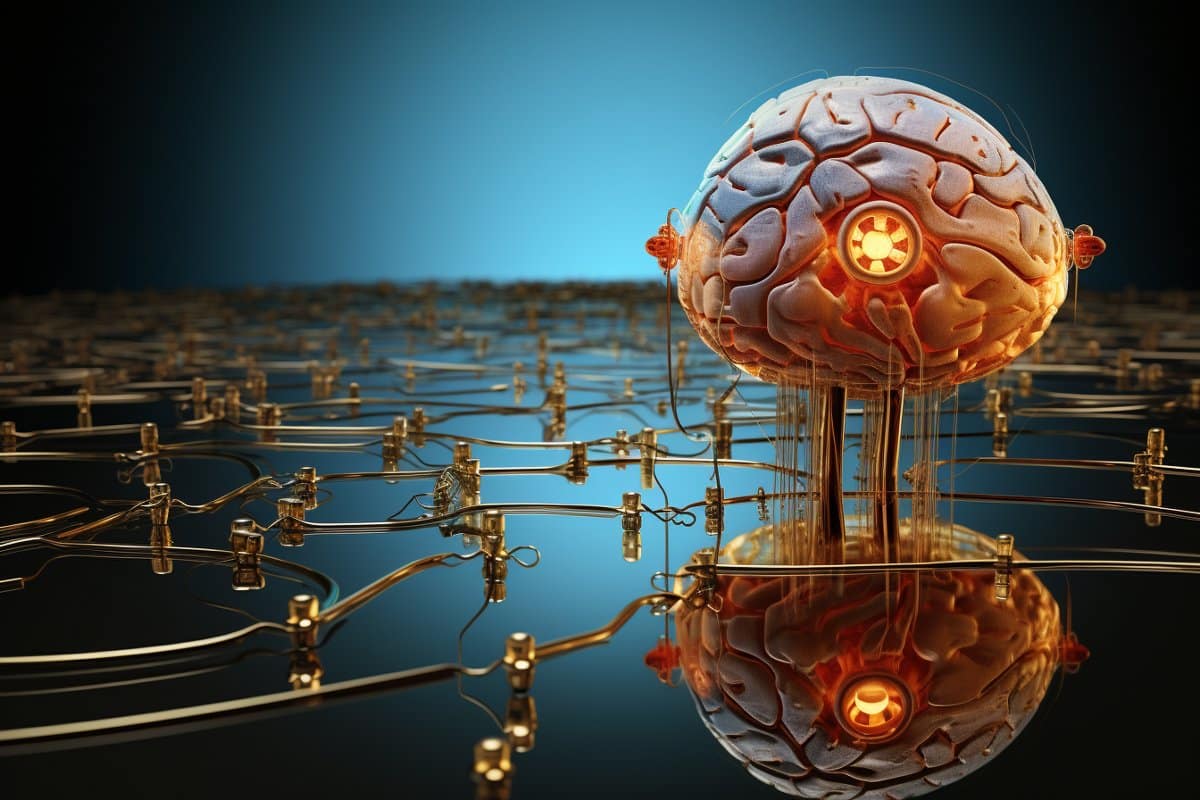
Artificial intelligence (AI) systems can process signals similar to how the brain interprets speech, potentially helping to explain how AI systems operate. Scientists used electrodes on participants' heads to measure brain waves while they listened to a single syllable and compared that brain activity to an AI system trained to learn English, finding that the shapes were remarkably similar, which could aid in the development of increasingly powerful systems.










